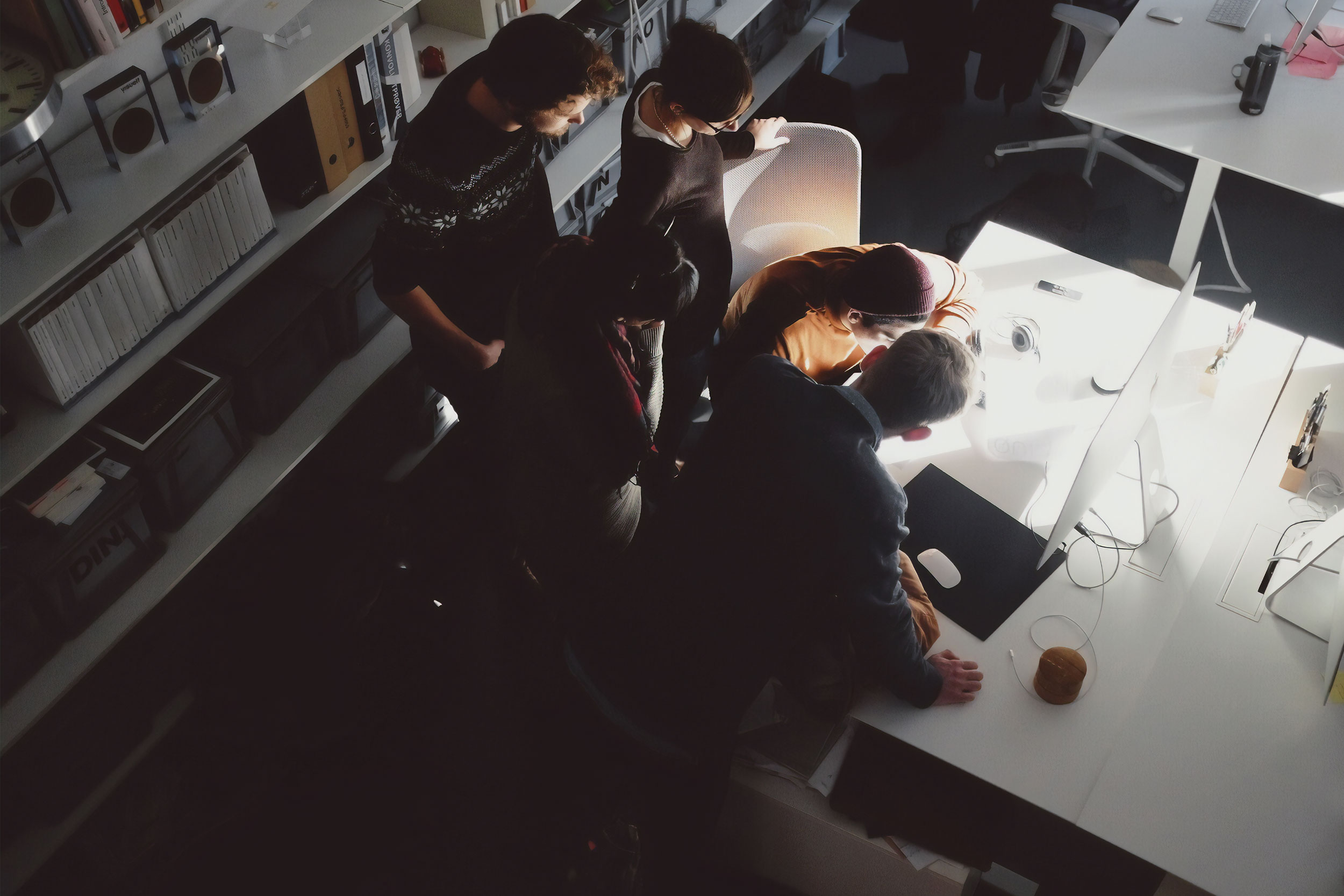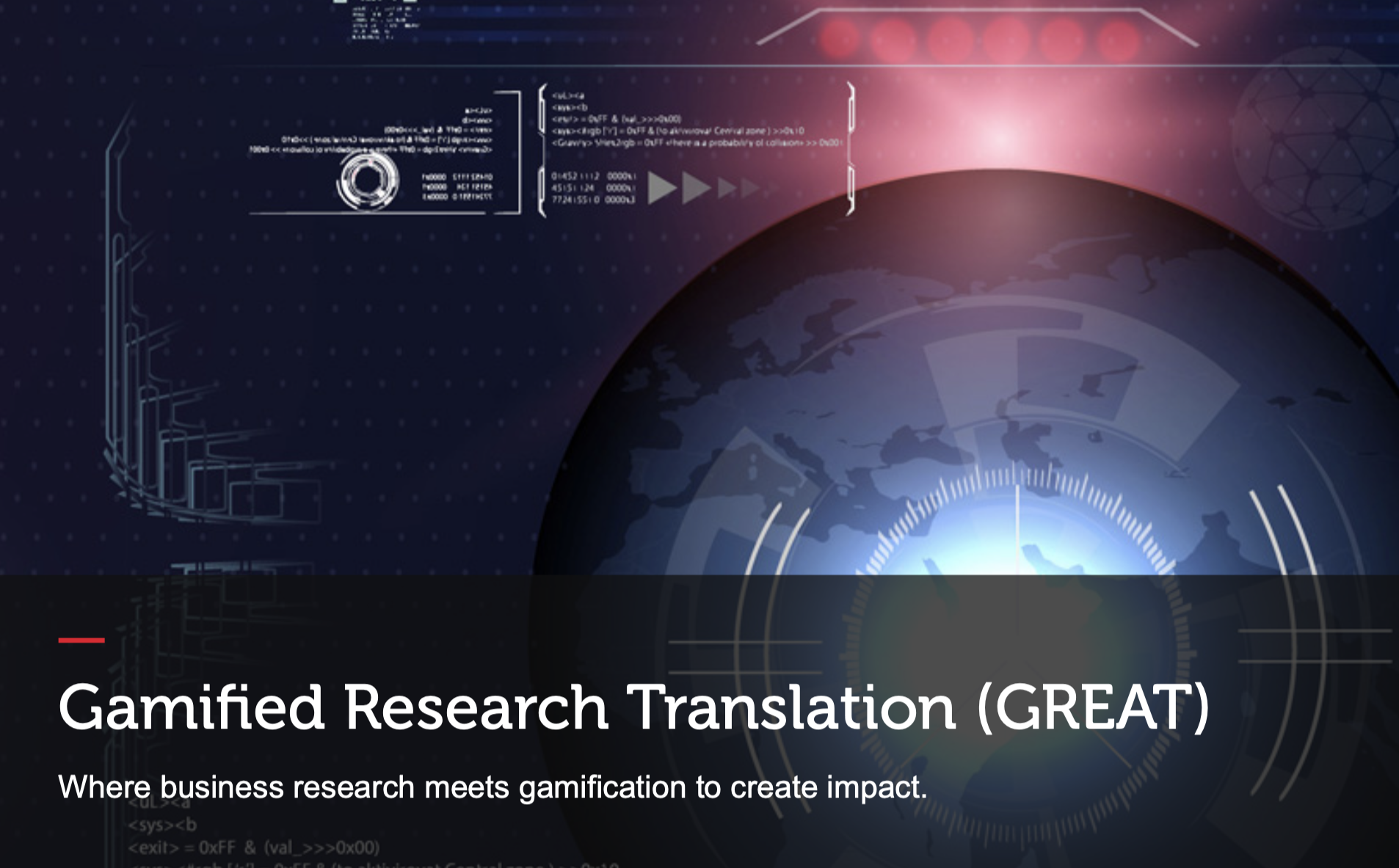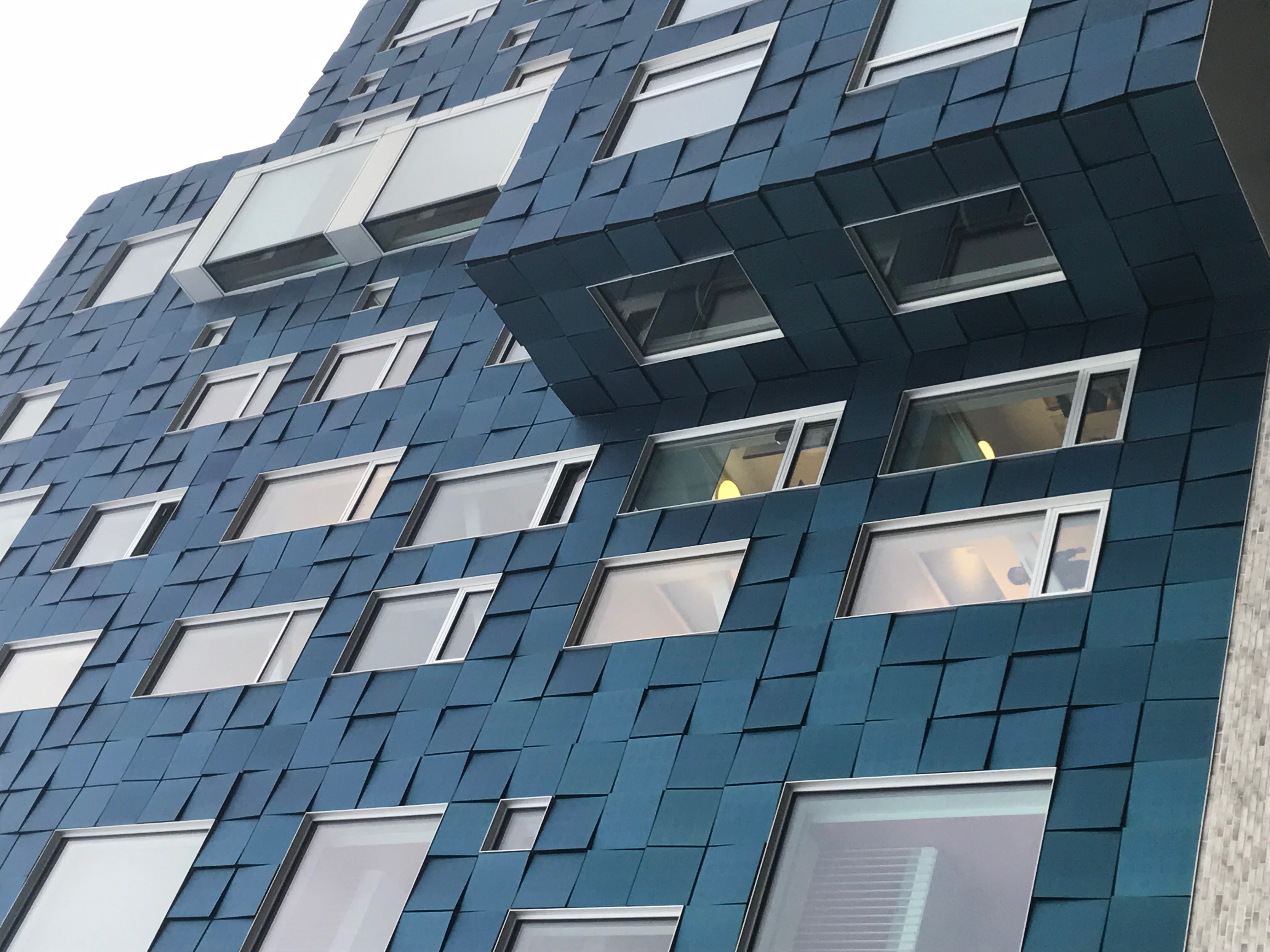Search results
Projects
Multisensory Embodiment
Music, Movement & Memory in Dementia

This project builds technical capacity and facilitates proof of concept testing of the impact of multisensory integration of music, movement and memory, specifically exploring embodied audio and agency-free kinesis to maximise the power of music for dementia patients. This project is creating and building a dedicated chair for this purpose and will explore both the therapeutic and commercial potential of this technology.
If you would like to get involved with this project, fill out the form below or reach out to project leaders via the contact info provided alongside each bio.
People
Jenny Robinson
Senior Lecturer, Design and Social Context
School: Media and Communication
+61 3 9925 5049
RMIT staff profile
jenny.robinson@rmit.edu.au
Dr Jenny Robinson is a lecturer in Media and Communication, teaching classes in audience research and strategic communication. Her research is in media psychology, most recently using biometrics and experimental methodology to investigate audience reception of multi-platform advertising models. She is interested in understanding how people respond to mediated communication whether that is TV, online content, public interaction or art.
Robinson brings an interdisciplinary approach to the study of audience experience, with a BA (hons) in psychology and PhD in mass communication, MA in TV and film, and Grad Dip in science communication.
Gamified Research Translation (GREAT)
Where business research meets gamification to create impact

The GREAT challenge
During the last decade, games have become a common part of people’s daily lives. Digital promise of Ed Tech and growing research on gamification has drawn attention to translation of valid science-based research for capability development. Activities and outputs that are not traditionally perceived as game-like are increasingly gamified.
In its most basic form, business research translation with gamification involves multi-disciplinary tasks of taking research findings, human psychology and technology of game-design, and applying them to business contexts — to achieve impact through change in behavior, cognition or emotional states.
However, current business research translation activities tend to rely on traditional academic outputs which may not deliver the intended societal impact — a challenge highlighted at local and international level.
The GREAT mission
Increase awareness and knowledge on gamification of business research. To encourage researcher-industry integration to solve business challenges through games. To foster and deploy a cross-disciplinary network of GREAT experts, specialists and enthusiasts
The GREAT cause
GREAT serves as a catalyst and anchor for capability development and a forum for faculty, specialists and practitioners to develop coherent and collective thought leadership on how might we develop and implement game-based tools and gamification as the means of research translation to achieve societal impact.
The GREAT purpose
The purpose of GREAT is to catalyse meaningful inter-disciplinary knowledge exchange, develop best practices in gamification of business research and increase research-practice integration.
The GREAT call
We have embarked on a meaningful journey of shaping our collective future through gamification of business research.
We cannot do this alone – we need you – your expertise, your experience and your passion for the human side of business.
Find out more about Gamified Research Translation [GREAT] here.
If you would like to get involved with this project, fill out the form below or reach out to project leaders via the contact info provided alongside each bio.
People
Hardik Bhimani
PhD candidate
School: Economics, Finance and Marketing
Hardik Bhimani is a PhD student in the School of Economics, Finance and Marketing and is concurrently completing a Graduate Diploma in Psychology at Monash University. Hardik holds a Masters in Applied Finance from Kaplan Business School (Sydney) and is a member of the prestigious Strategic Management Society.
“Managers face many strategic decisions but they often make unsustainable choices. So the challenge for todays’ firms is – how to effectively make social, environmental and economic choices?”
Prior to joining RMIT, where Hardik currently teaches Strategic Management courses, he was an award winning strategist and subject matter expert at several multinational organisations. It was during this period that he cultivated a curiosity for behavioural strategy. Ultimately, the quest to advance his research found him a ‘home’ at RMIT University’s Behavioural Business Lab.
“The access to supportive supervisors and a team of like-minded critical thinkers means the research journey is not only pleasant, but also engaging.”
Hardik’s research aims to understand the micro foundations of the interplay between social, environmental and economic strategic choices. His mixed-method research takes a behavioural strategy perspective and explains psychological influences, which affect strategic decision-making. In turn, the findings could guide managers’ to effectively de-bias their decision-making process, for a more sustainable strategic choice.
Colored and Patterned Solar Building Skin
Solar Panels for Creative and Sustainable Urban Design

Innovative design of solar modules enables new possibilities for their integration into new and old buildings, historical sites, public urban spaces, landscapes and media façades. When the characteristics of conventional Building Integrated Photovoltaics (BIPV) modules are modified with technological advances in colour and appearance, it opens up a whole new approach to creative, innovative and sustainable urban designs.
RMIT’s Dr Rebecca Yang partnered with City of Bendigo (Aurecon IEA PVPS Task 15 BIPV) for this project to display the approach to using coloured BIPV, wherein good architectural form is given to function and applied to make PV electricity part of our natural and cultural environment. The coloured and patterned solar panels form a paradigm shift in solar applications because of their aesthetic appeal and power generating attributes. These BIPV solutions could be adapted in variety of materials, colours and shapes that can be seen today in the centre of cities, where a diversity of buildings from different eras and construction solutions coexist with each other.
If you would like to get involved with this project, fill out the form below or reach out to project leaders via the contact info provided alongside each bio.
People
Rebecca Yang
Senior Lecturer
School: Construction Management
Rebecca Yang has developed a strong and passionate commitment to industry-focused research and teaching. Her research resonates with RMIT’s vision of transforming the built environment to create sustainable and resilient cities, and her current research focuses on solar energy applications in buildings, and construction innovation. She is the leader of Solar Energy Application Group. She is the leader of Solar Energy Application Group and the Australian expert in International Energy Agency PVPS Task 15 BIPV.
News and updates
No results
People
No results
